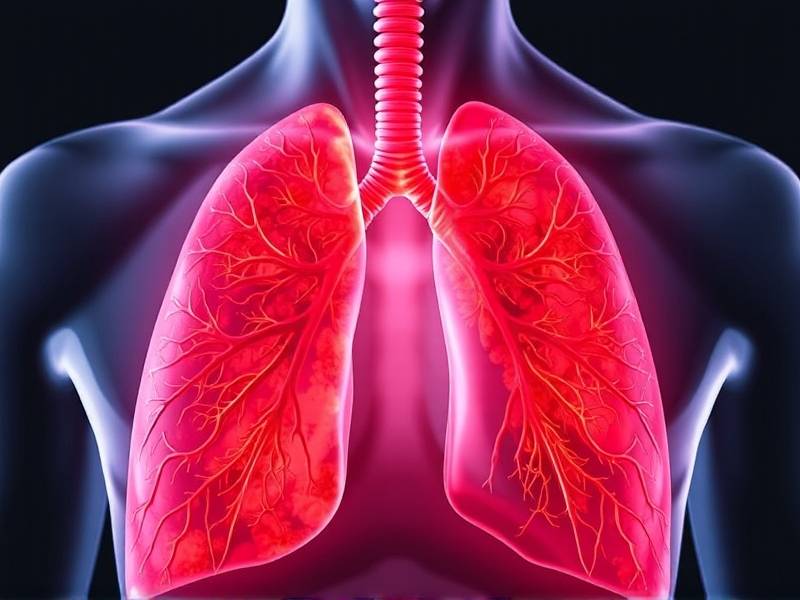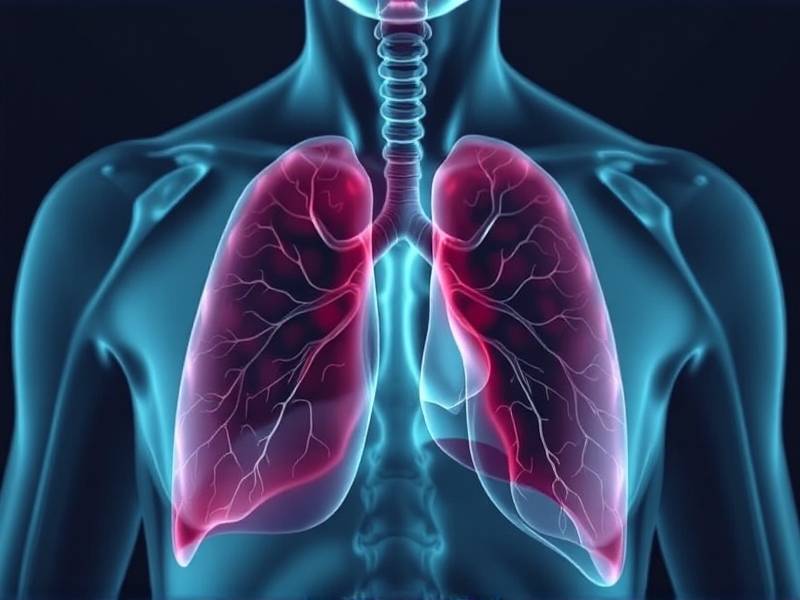How Long Does It Take to Notice Changes in Your Lungs After Quitting Smoking?
The Journey to Healthier Lungs
Quitting smoking is a significant step towards improving your health, and one of the most anticipated benefits is the recovery of your lungs. But how long does it take to notice these changes? Let's delve into this transformative journey.
Immediate Effects
Upon quitting, your body immediately begins to heal. Within hours, the carbon monoxide levels in your blood start to decrease, and your pulse rate and blood pressure begin to normalize. These are subtle changes that might not be immediately noticeable but are crucial steps towards better health.

Week 1: A New Breath
After just one week of not smoking, you'll likely experience a noticeable difference in how you breathe. Your lung function starts to improve as the cilia (the tiny hair-like structures that move mucus out of the lungs) start to regenerate. You may find yourself taking deeper breaths and feeling more energetic.
Month 1-3: A Steady Improvement
In the first few months post-quit, you'll notice more substantial improvements. The coughing and shortness of breath that were once common companions may diminish. Your lungs will continue to clear out tar and mucus that have accumulated over years of smoking.
Month 4-6: A Breath of Fresh Air
Around this time, many ex-smokers report feeling a significant increase in their lung capacity and overall energy levels. The color of sputum may change from dark and tar-filled to lighter as the lungs continue to cleanse themselves.

Month 6-12: A New Lease on Life
By this stage, many people say they can breathe more easily than they ever could before quitting. The risk of heart disease starts to decline, and lung function continues to improve. The sense of well-being is often profound as the body has time to heal from years of smoke exposure.
Long-Term Benefits
The benefits don't stop here. Over time, the risk of developing chronic obstructive pulmonary disease (COPD), lung cancer, and other respiratory conditions decreases significantly compared to continuing smokers.
Tips for Maintaining Lung Health
- Stay Active: Regular exercise can help improve lung function.
- Avoid Exposure: Minimize exposure to secondhand smoke and air pollution.
- Stay Hydrated: Drinking plenty of water can help keep mucus thin and easier to expel.
- Monitor Your Health: Regular check-ups with your healthcare provider can help track your progress.
Conclusion
The journey towards healthier lungs after quitting smoking is a gradual one but well worth it. While immediate effects might be subtle, over time, you'll likely notice a significant improvement in how you breathe and feel overall. Remember, every puff counts – quit today for a healthier tomorrow!
